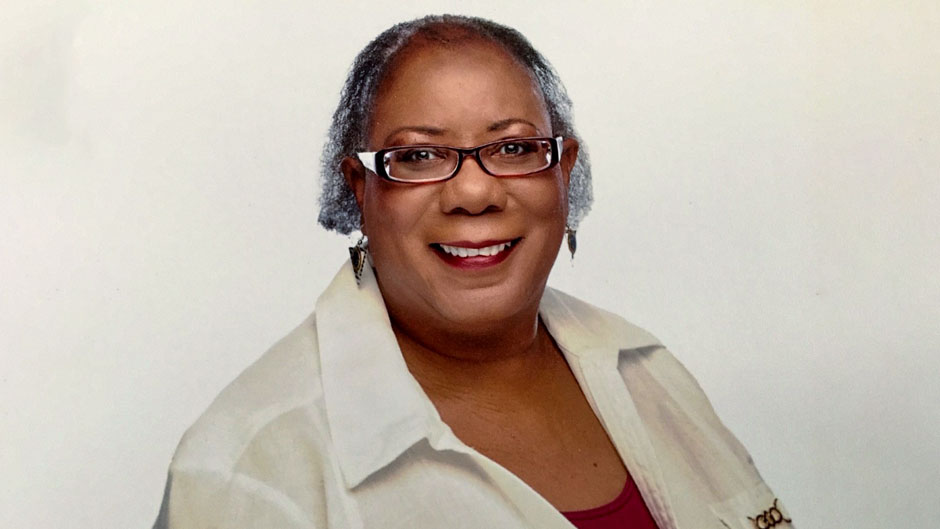Arlene Clachar, who taught linguistics at the University of Miami School of Education and Human Development for 20 years, was selected late last fall to participate in the English Language Specialist Program, which is geared to foster mutual understanding between the United States and other countries through cultural exchange.
The project met her goal of a retirement endeavor that would allow her to travel the world and teach, while continuing to do research, and the opportunity to do research in Uzbekistan was especially intriguing because of the sociolinguistic changes taking place in Central Asia.
“After 9/11, the United States and Western nations became more interested in Central Asia, and especially Afghanistan, because of security concerns—that’s one aspect of the study,” Clachar explained. “Second, after the breakup of the Soviet Union, there has been a transition from the teaching of Russian and the teaching of English based on Russian pedagogy to the teaching of English based on Western ideology.”
While Russian pedagogy is more rote and memorization-based, Western pedagogy is more focused on the communicative aspects of learning, Clachar explained.
Based on her linguistic specialization that explores how language interfaces—such as syntax-phonology, syntax-morphology, and syntax-pragmatics—create challenges for English language learners, Clachar was selected for the study.

Unable to travel to Uzbekistan in large part because of the pandemic, she has spent the initial facet of the study analyzing data shared by a colleague from the Uzbek State University of World Languages, the country’s main institution of language study.
The data is specifically focused on English “speech acts,” communications that include requests such as apologizing, complimenting, complaining, and giving warnings, Clachar noted.
“These become more complex based on the level of imposition—from ‘please pass the salt’ to ‘may I borrow money’ and become more challenging in the case of Uzbekistan, a multiethnic and highly multilingual country,” she said.
Both Uzbek, the native language, and Russian have been official languages in the country. And English, because of Western influence and its global use, has gained in popularity. The nationalistic push to make Uzbek the official language was stymied when Uzbek workers who traveled within the region to find work realized that Russian remained the lingua franca for commerce.
“There’s a great deal of allegiances to each of the languages, and each of the ethnolinguistic minority carries its own ideology and its own attitudes toward its language preference,” Clachar explained. “These factors affect how people express their requests.”
Uzbekistan has the largest Muslim population in Central Asia, and religious preferences further complicate the decision as to which language is preferred, Clachar pointed out.
“Our goal is to develop pedagogical teaching devices to get students to understand what happens if a speech act is not properly executed—it can come across as being rude or arrogant if not voiced according to the cultural norms of the society and cause conflicts,” she said.
The linguist is hopeful that she will be able to travel to Uzbekistan and ultimately produce a textbook with instructive exercises based on the research findings.
“We hope to find out how we can help teachers, and eventually students, to understand where breakdowns with respect to speech acts take place and tend to create interpersonal conflicts,” Clachar said.
The project is one of some 240 funded by the English Language Specialist Program annually and serves as the premier opportunity for leaders in the field of teaching English to speakers of other languages (TESOL) to enact meaningful and sustainable changes in the way that English is taught abroad, according to a State Department news release.

